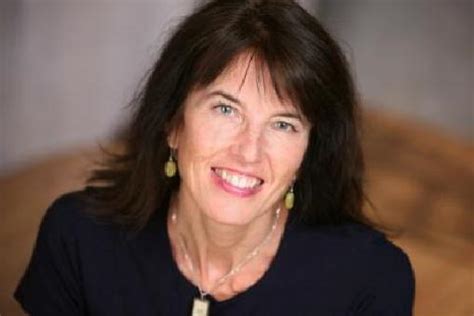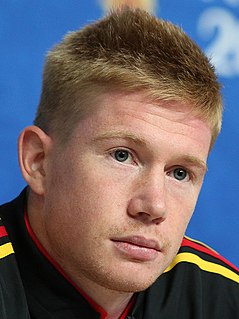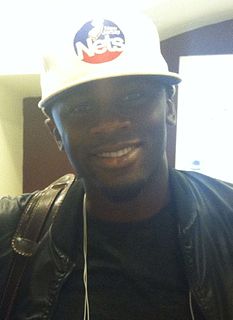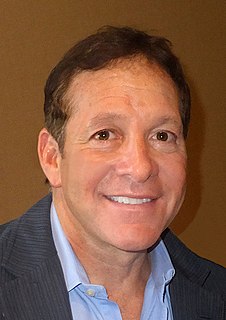A Quote by Chris Colfer
I was obsessed with fairytales, and I was a very, very inquisitive kid, and I would ask my mom all kinds of questions. It all kind of formed a story in my head, and I really wanted to be a published author when I was 10, but I had a hard time writing a novel when I was 10. So I decided to wait until I was little bit older and then get it done.
Related Quotes
We'd decided to write a book about two friends. I gave her some coffee and then we sat there not knowing what to do. How do you start writing a book together? So Kate [DiCamillo] got up after about 10 minutes into this endeavor, and said, 'Well, that was fun,' and started to head out the door. I said, 'Wait, wait, wait, no no no,' because I'm a bit more patient.
The heartbreak that it might not happen wasn't something that I wanted to face with any more weight. Then, when I got the call to go ahead I never thought for a second as I was approaching it who I would get - that would come later. Again, I think the idea was that I now had the rights to make the movie and I can start writing it but if I have to wait another 10 years before I find an actor that's right for it, I'd be very happy to do that.
I think we've reached that point where we understand medically what we are doing to ourselves with these sports. In football, it's kind of hard to get the access that you want for the story and, of course, it's very long-term: the effects of the repeat concussions really don't hit until decades afterwards, whereas the traumatic injuries in extreme sports are very immediate. I realized Traumatic Brain Injury was a fascinating and important story that not had been told very much. I wanted to know more.
I was watching TV at age 9 or 10, and my mom said that I came from the front room and I told her that I want to act. And she said if you want to do this at 18, then you can. It was a very simple story, yet, I do not even remember the conversation that I had with my mother. Until she reminded me of the story many years later.
She had that thing most people don't have - curiosity. She might not have always got the right answers, but she wanted to ask the questions. It's very hard if you are interested in ideas and all that, ideas and the philosophies of the past, it's very hard to find someone around here to really talk to. That's the tragedy of the thing really I mean, when you think about it. Certainly I can't find anyone around here to talk to anymore. And for a woman it's even harder you see. They can feel very trapped - because of the patriarchy. I do feel everyone needs to have these little chats now and then.
I don't like the way most people think. It's imprecise. I find that when parents ask me questions, they ask very imprecise questions. They say, "My kid has behavioral problems at school." Well, I have to say, "What kind of problems? Is he hitting? Is he rude? Does he rock in class?" I need to narrow questions to specifics. I am very pragmatic and intellectual, not emotional. I do get great satisfaction when a parent says, "I read your book, and it really helped me."
Any kind of writing that's meaningful becomes hard work, so there were times when it would really flow, there were times when I'd get 10 pages a day, and then there were days when I would do three pages. Depends on the thickness of the material. If it's satisfying, it's hard, but it's pretty wonderful.
I hate being called lazy, so when everybody gets up at half seven in the morning, I'm up at the same time. Everyone goes to work and I'll do a few hours of writing, then I'll mess about for a bit and come back to it. By the time I go home I'm done. I think it's really good to keep that kind of a routine with writing. I find that when I don't do that, it's really hard to get back into that headspace of writing.
Maybe 5 or 10 minutes before going on the court, I'll do some fast feet movements or sprint, but the only problem with that is sometimes after you finish warming up, you wait to get on the court, and you end up cooling down a little. It's not always ideal, but that's why I wait until the very last moment to do all of this.



































